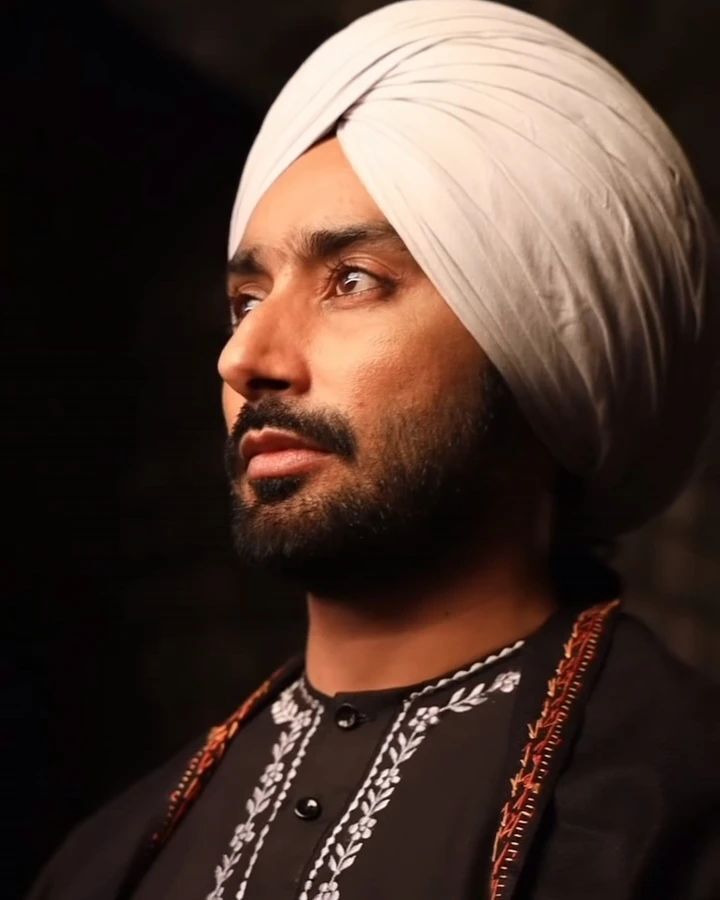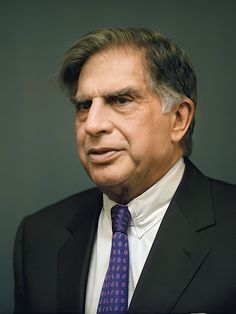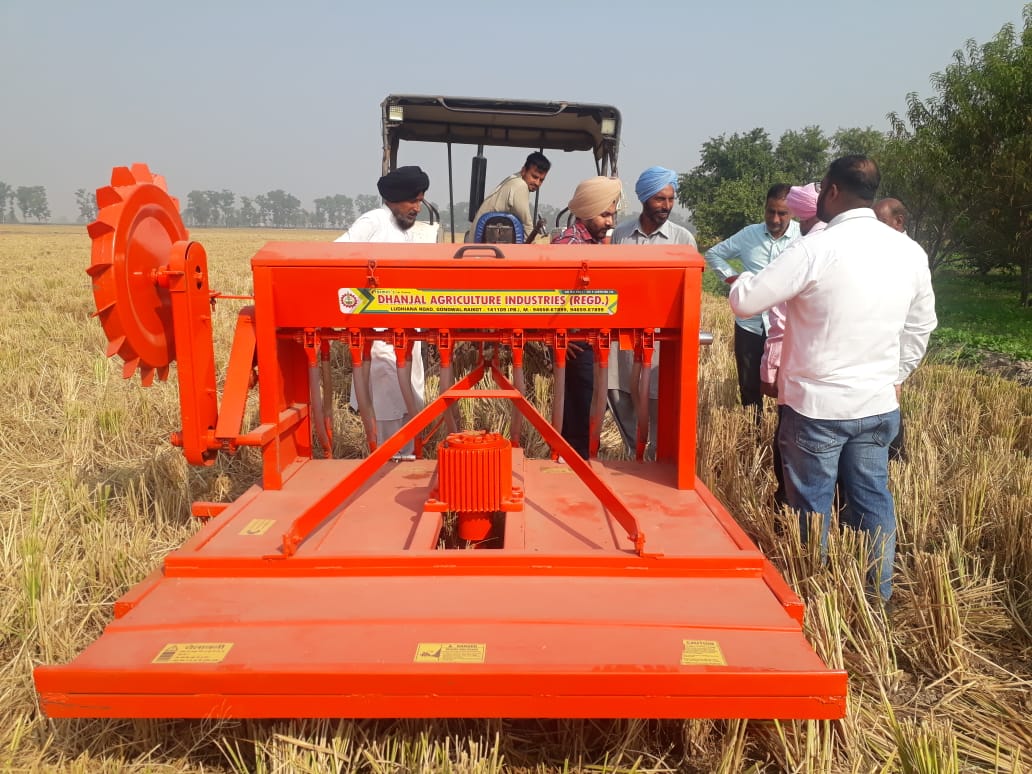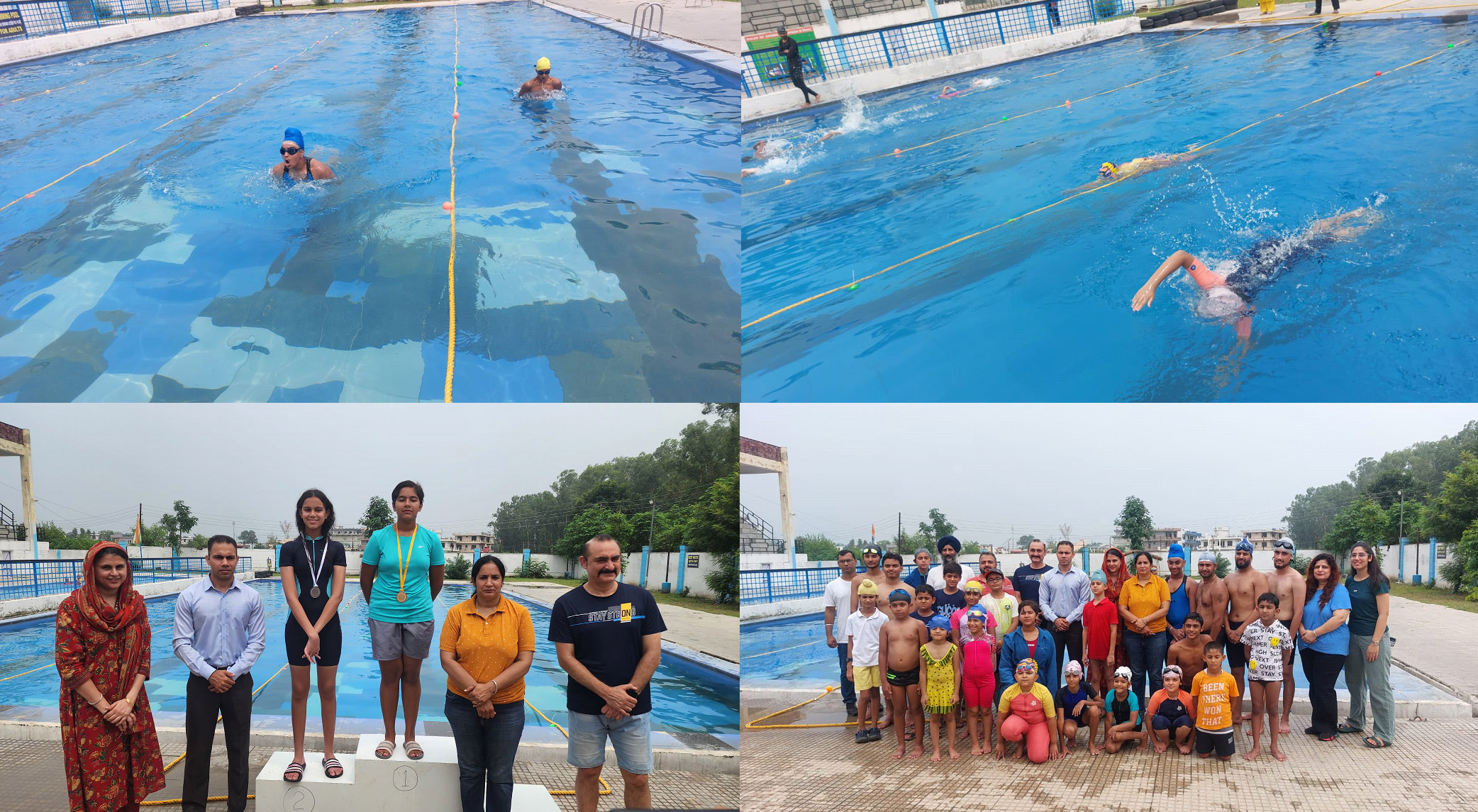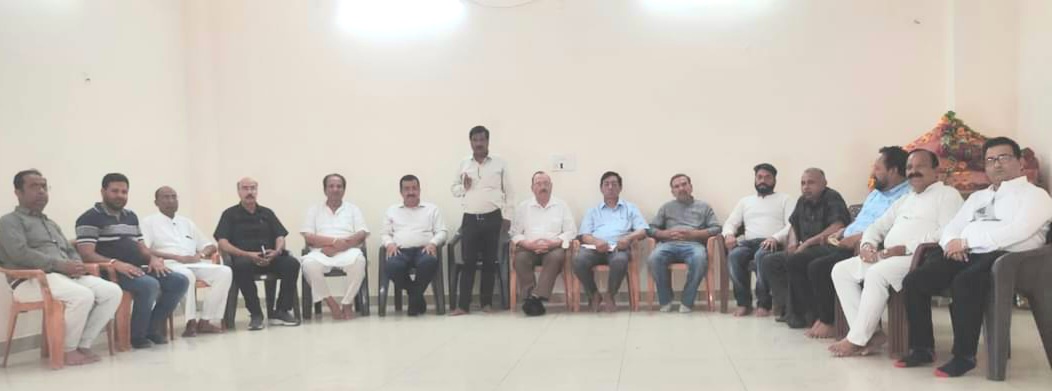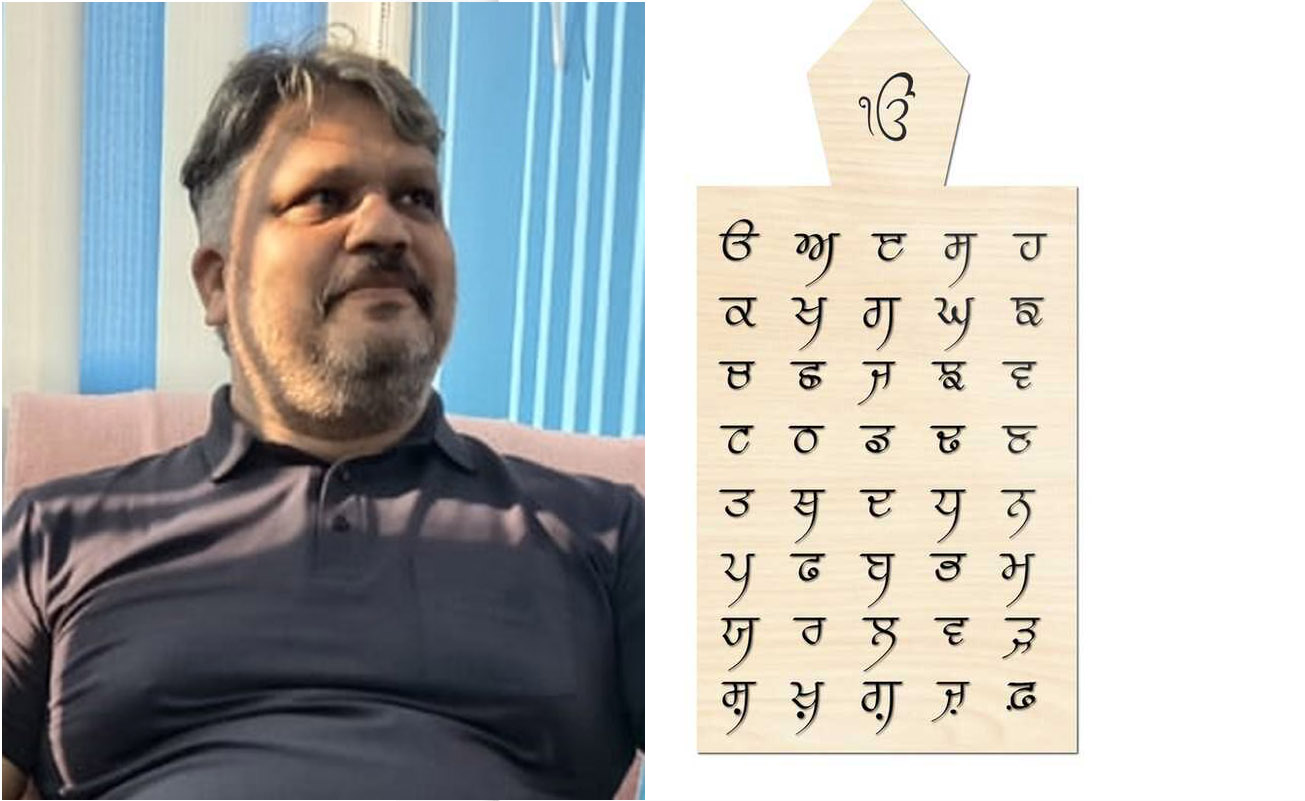
Our Mother Language Punjabi
We celebrated International Mother Language Day a few days ago. It is a global event, which is celebrated every year on 21 February to raise awareness of linguistic and cultural unity. On 17 November 1999, UNESCO declared 21 February as International Mother Language Day. It has been celebrated worldwide since 21 February 2000. This announcement came as a tribute to the language movement carried out by the Bangladeshis.
We celebrated International Mother Language Day a few days ago. It is a global event, which is celebrated every year on 21 February to raise awareness of linguistic and cultural unity. On 17 November 1999, UNESCO declared 21 February as International Mother Language Day. It has been celebrated worldwide since 21 February 2000. This announcement came as a tribute to the language movement carried out by the Bangladeshis.
When Pakistan came into existence in 1947 at the time of the country's independence, it had two main parts geographically: East Pakistan (present-day Bangladesh) and West Pakistan (present-day Pakistan). The lifestyle, customs and language of the two regions were different from each other. In 1948, Pakistan recognized Urdu as the national language of its country.
The people of East Pakistan opposed this because their mother tongue was Bangla or Bengali. They demanded the inclusion of Bangla in the national languages besides Urdu. This demand was first raised by Dhirendra Nath Dutta from Pakistan in the Constituent Assembly of Pakistan on 23 February 1948.
The Pakistani government declared the movement in support of this demand illegal. Students of Dhaka University and the general public held massive demonstrations. On 21 February 1952, the police opened fire on the protesting people, in which many people were killed and many were injured. This is an unforgettable tragic incident in history, in which people sacrificed their lives for their mother tongue. After a long struggle, on 17 November 1999, the 30th General Assembly of UNESCO unanimously passed a resolution that 21 February should be celebrated as International Mother Language Day all over the world.
Mother tongue or mother tongue is the medium of our self-expression, which we learn in our childhood sitting on our mother's lap. It is automatically formed in our minds and is spoken from our young lips. Every word, every letter and style of speaking of this language unconsciously becomes a part of our personality. No matter how many languages we learn to read and write, the close relationship that remains with our mother tongue throughout our lives cannot be with any other language. Because it is not learned, but is automatically acquired by listening, understanding and speaking. We can express our inner feelings like anger, sorrow, love and complaints etc. in the best way in our mother tongue.
Every country, every province or every region has its own special language or dialect, which is its identity. Many types of languages and dialects are prevalent in different states of India. Language is a part of the nation. Language is an effective medium of communication in the form of writing and speech, through which a person can convey his inner thoughts to others and can be able to understand the thoughts of others.
No matter how many languages a person learns to write, read and speak, he cannot express his thoughts in his mother tongue with the maturity with which he can do so in any other language or dialect. It is often seen that in times of happiness, sadness or sorrow, the words of the mother tongue automatically come to our lips.
Gurudev Rabindranath Tagore Ji, who received the ‘Nobel Prize’ in 1913 for his great work “Gitanjali”, all his works are in his mother tongue Bengali. It is a tragedy of today that we are getting separated from our mother tongue Punjabi. Children are taught Hindi and English from an early age. In many families, efforts are made to get children admitted to English schools. If we talk about education, the knowledge that we can acquire in our mother tongue, we cannot do through the medium of other languages.
We have forced our children to study in English schools and have put them under an unwanted burden. It is our delusion that there is no future in Punjabi language or our mother tongue. I know a very capable IAS officer from Punjab, who passed the Civil Services examination in Punjabi medium. Today, in developed countries like Russia, Germany, Japan, China, etc., education up to higher education is obtained through the medium of their mother tongue. So, we need to explain to our future generations the importance of our mother tongue and rich heritage.

